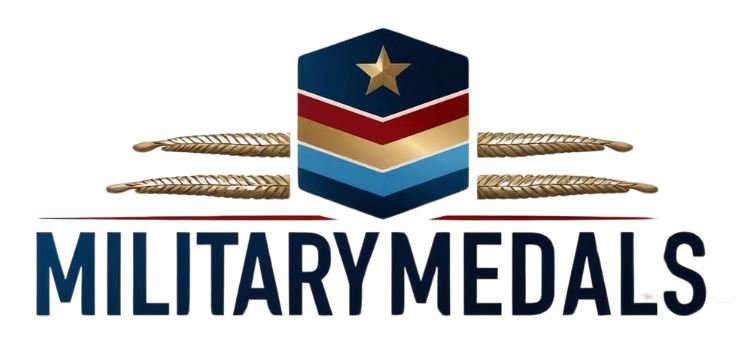Former President Donald Trump faced backlash for his recent remarks comparing the Presidential Medal of Freedom to the Medal of Honor, the highest military decoration in the United States. During an event in Bedminster, New Jersey, Trump spoke about the Medal of Freedom recipient, Miriam Adelson, praising her achievements as a philanthropist and humanitarian.

Trump’s comments sparked criticism from various quarters, with prominent veterans’ groups and political opponents condemning his statements as disrespectful and ignorant of the sacrifices made by servicemembers who receive the Medal of Honor. The Veterans of Foreign Wars National Commander expressed disappointment at Trump’s remarks, questioning his understanding of the significance of the military award.
The Kamala Harris campaign seized on Trump’s words, accusing him of self-centeredness and a lack of respect for veterans. Progressive veterans’ group VoteVets also criticized Trump, alleging that he harbored animosity towards veterans and their sacrifices.
In response to the backlash, the Trump campaign clarified that the former president’s comments were intended to highlight the emotional aspect of awarding the Congressional Medal of Honor to wounded or deceased veterans. Trump’s running mate, Ohio Senator JD Vance, defended him, emphasizing Trump’s support for veterans and his intention to compliment Medal of Freedom recipients without diminishing the honor of military awardees.
Donald Trump, known for his pro-military stance and emphasis on military strength during his presidency, has faced previous controversies related to his comments about servicemembers. His past remarks about Senator John McCain and reported derogatory comments about fallen soldiers have drawn criticism and scrutiny.
During the Bedminster event, Trump emphasized the importance of the Jewish vote and condemned antisemitism, calling for its rejection in various aspects of society. However, his comments about Jewish voting habits and loyalty to Israel were met with criticism for perpetuating stereotypes and dual loyalty tropes.
Trump’s statements at the event reignited debates about his approach to military matters, veterans’ issues, and his engagement with diverse communities. The incident underscored the ongoing scrutiny and controversy surrounding Trump’s rhetoric and actions, particularly concerning his interactions with the military and minority groups.

As the political landscape continues to evolve, discussions around leadership, respect for veterans, and the significance of military awards like the Medal of Honor remain pertinent. The intersection of politics, military service, and public discourse highlights the complexities and sensitivities involved in honoring and recognizing individuals’ contributions and sacrifices.


